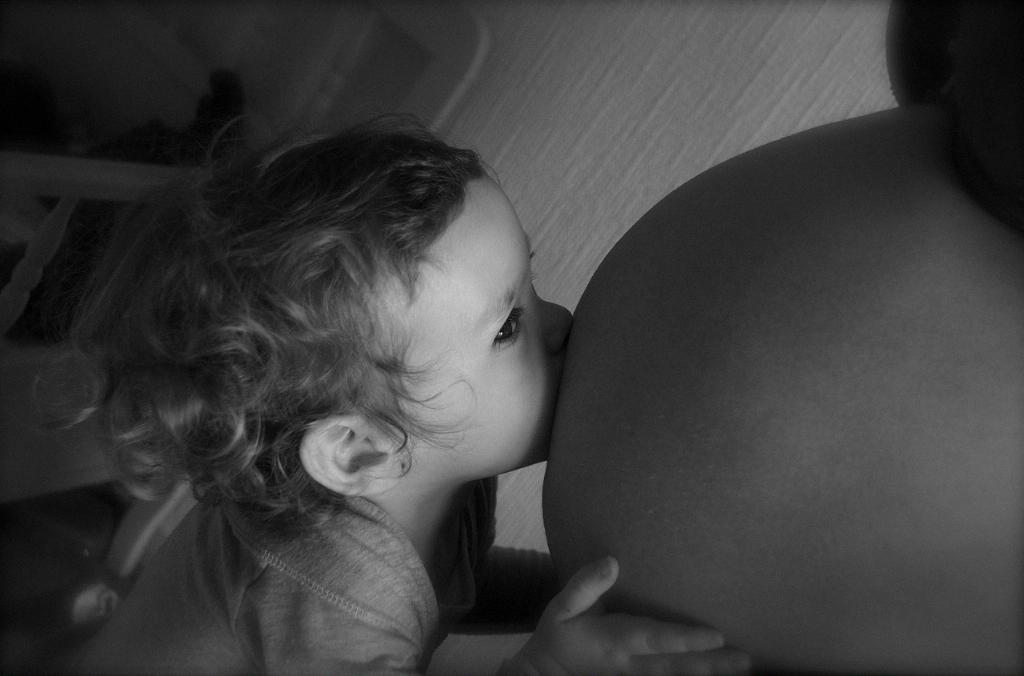When it comes to ensuring a healthy pregnancy, one of the most important factors to consider is what you are putting into your body. Pregnancy comes with a multitude of restrictions and guidelines, particularly when it comes to what you should be drinking. Among the many beverages that are best avoided during pregnancy, caffeine stands out as a major concern.
Caffeine, a stimulant that is naturally found in a variety of foods and beverages such as coffee, tea, and chocolate, can have detrimental effects on pregnancy outcomes. Research has shown that high levels of caffeine consumption during pregnancy can increase the risk of miscarriage, premature birth, and having a baby with a low birth weight. Given these risks, it is crucial for pregnant women to limit their intake of caffeine-containing drinks.
Aside from caffeine, another substance that pregnant women should steer clear of is alcohol. Alcohol consumption during pregnancy can lead to a range of serious complications, including miscarriage, stillbirth, and fetal alcohol spectrum disorders. The safest approach is to abstain from alcohol entirely during pregnancy to protect the health and well-being of both mother and baby.
Furthermore, it is important for pregnant women to be cautious of certain herbal teas and supplements that may not be safe for consumption during pregnancy. Some herbal teas and supplements can contain ingredients that are known to be harmful to developing fetuses. It is advisable to consult with a healthcare provider before consuming any herbal products to ensure they are safe for use during pregnancy.
Sugar-sweetened beverages, such as sodas and fruit drinks, should also be consumed in moderation during pregnancy. These drinks are typically high in added sugars and calories, which can contribute to excessive weight gain and an increased risk of gestational diabetes. Opting for water, unsweetened herbal tea, or freshly squeezed fruit juice can be healthier alternatives for staying hydrated during pregnancy.
In addition to what not to drink during pregnancy, it is equally important to consider the quality of the water you are consuming. Pregnant women should ensure that their drinking water is clean and free from harmful contaminants or pollutants that could potentially pose a risk to their health and the health of their developing baby.
One commonly overlooked beverage that pregnant women should avoid is unpasteurized milk or fruit juices. These products can carry harmful bacteria such as listeria, which can lead to foodborne illnesses and pose a serious threat to the health of the fetus. Opting for pasteurized dairy products and juices is a safer choice for pregnant women.
Energy drinks are another category of beverages that should be avoided during pregnancy. These drinks are often high in caffeine and sugar, which can have adverse effects on both maternal and fetal health. The best strategy is to opt for natural sources of energy, such as whole foods and regular physical activity, to support a healthy pregnancy.
Lastly, it is crucial for pregnant women to be mindful of their overall fluid intake and ensure they are staying adequately hydrated throughout the day. Dehydration can lead to a host of health issues, including an increased risk of preterm labor and urinary tract infections. Drinking water regularly and listening to your body’s cues for thirst can help maintain optimal hydration levels during pregnancy.
In conclusion, avoiding certain beverages during pregnancy is essential for safeguarding the health and well-being of both mother and baby. By being mindful of what you drink and making informed choices, you can help minimize the risks of complications and promote a healthy pregnancy journey. Remember to consult with your healthcare provider for personalized guidance on nutrition and hydration during pregnancy.

